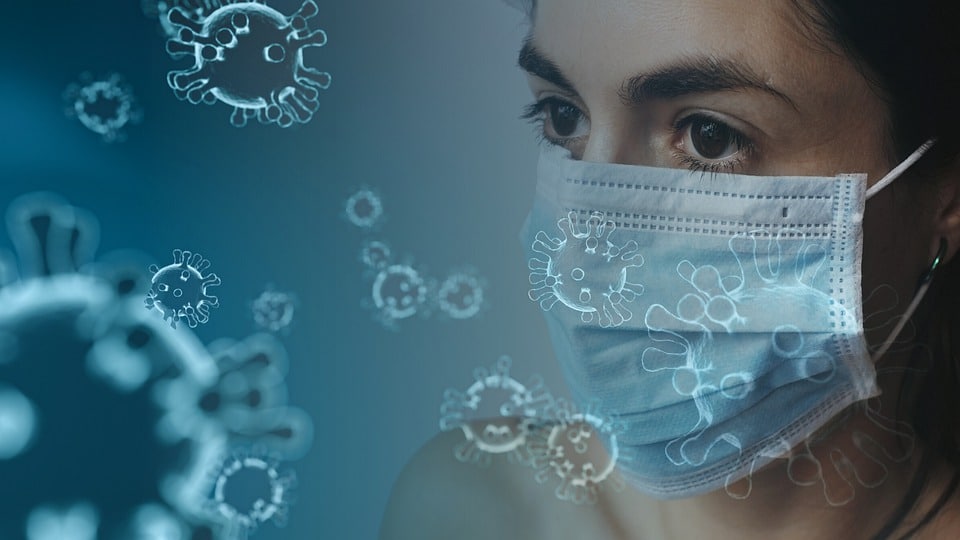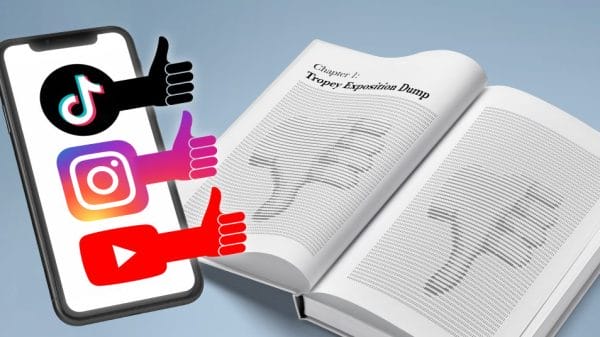Since the beginning of the coronavirus pandemic in early 2020, the medical community was largely in agreement that the elderly were most at risk from the virus, along with people afflicted with respiratory conditions.
While these factors remain the most likely predictors of a dangerous COVID reaction, new studies have found that young adults hospitalized with the virus have the same likelihood of developing severe complications as those over 50. These complications can include heart, kidney, and lung problems.
This first began to be noticed around one year ago, with British Health Secretary Matt Hancock saying in an interview with LBC, “The rise in cases is largely among younger people, under 25s, especially between 17 and 21. The message is that even though you are at lower risk of dying of COVID if you are of that age, you can still have really serious symptoms and consequences.”
Among the consequences of COVID-19 is a condition called post-COVID-19-syndrome by the NHS, but commonly known as “long COVID”. Most people recover from coronavirus in a matter of days, but the NHS website explains that everyone’s reaction to the virus is different, and so are recovery times. Still, the vast majority of people should be back to normal within 12 weeks, and the NHS recommends seeking a doctor’s advice if you are worried about symptoms more than four weeks after first contracting COVID.
An article by VICE reports the experiences of several young people who developed long COVID.
Although his initial reaction to the virus was quite mild, “no worse than four out of ten on the illness scale,” 25-year old musician Charlie Forbes explained the long-term result was serious. “I saw a study about COVID triggering diabetes in young people who have no predisposition to it… I went to the GP and he said, ‘Yeah, you have diabetes.’ I had to go to A&E.
“I have type one diabetes, so my body doesn’t produce insulin anymore. I have to do between five and seven injections a day, morning and night; then with every meal.”

Tolga John Goff, 28, suffered hallucinations after he contracted COVID. Despite mild symptoms initially, after about four weeks had passed since he tested positive, he suffered a bout of delirium one night.
“I remember this Amazon delivery box next to my bed that turned into a cat and jumped next to the mezzanine I was living in, turned into a deer, and hopped out the window,” he said. “I have never hallucinated in my life before but I was like, ‘Okay, I’m pretty sure that’s not real!’”
He also suffered from mental and physical fatigue. “I was trying to watch Netflix and I literally couldn’t focus on anything. My brain didn’t have the capacity to understand what was happening on screen.” He added, “I was too afraid to leave the house, thinking I wouldn’t have the energy to be able to make it back.”
Ongoing research by the University College London (UCL) revealed that one in six people who have had COVID-19 report symptoms of long COVID.














